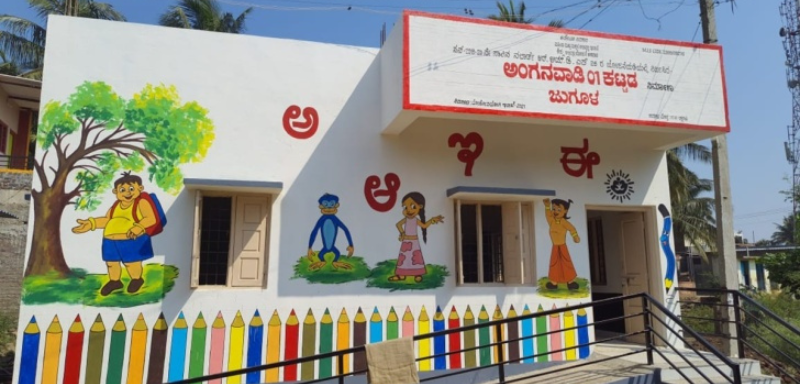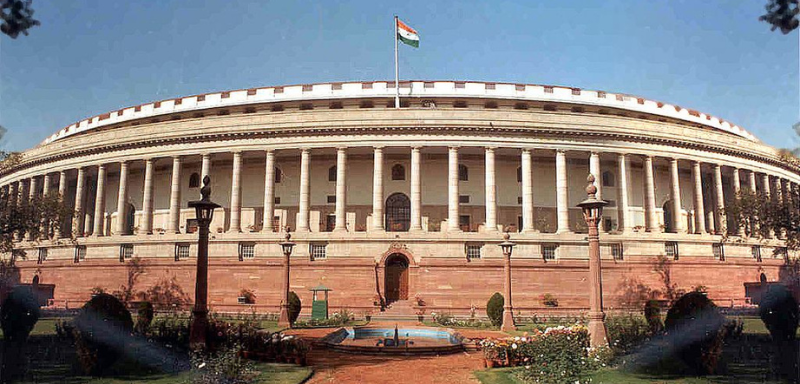Right to Food

Our work on right to food at CCL NLSIU predates the evolution and discussions on comprehensive federal legislation relating to food security in the country. The programme on right to food complements the work on child protection and right to education, by reflecting on the survival as well as development rights of children. The discussions surrounding the National Food Security Act added fresh impetus to the programme which was launched as funded project in 2012 with financial support from Child Rights and You (CRY).
Research & Advocacy
The overall objective of our work is to ensure effective implementation of the available legal and normative framework in the country for the realisation of right to food for children and strengthened advocacy towards a progressive law on food security. However, of late, given the inadequacy of the legal framework, the possibilities for an alternative discourse on the law that reflects on the production along with the supply and distribution related issues pertaining to food security, are also being explored. On the basis of research and empirical studies, we contribute to the law-making process and reforms that eventually lead to informing law and policy at state and national level. The programme on Right to Food, like other programmes at the Centre has three major components:
- Research
- Teaching /awareness
- Law reforms
Our work is based on the belief that the right to food for children needs to be located within the overall gamut of food security at community and household levels. We adopt a holistic approach in defining the factors that contribute to realisation of right to food and thus also tend to explore various socio-economic issues as well that, which, determine the status of the realisation of right to food for children. It is with this understanding that while engaging with delegated legislation, we examine all the aspects of food security and not only the provisions that directly deal with children as a group. Similar thinking also guides and motivates the work on issues such as discrimination and right to food, as well as right to food for children in various settings and in difficult circumstances.
We have evolved over the past few years and have also become an integral part of the right to food fraternity in the country. With an array of evidence backed research studies, publications on various aspects of right to food, teaching courses on food security and public policy at the postgraduate level, and direct interactions with children, our work on right to food is established with the fresh energies being brought in by new members of the programme.
Collaboration with Governments
The work on right to food also draws its energies from the constructive engagement with the state and gets strengthened with each collaborative endeavour. Current political scenario with economic, social and cultural rights being trivialised by the state and an already fragile federal law being further diluted, poses many challenges that require concerted efforts to be made.
Legitimacy to our work on right to food has come while working closely with the Union and various State Governments and departments like the food and civil supplies, public instruction and women & child development. We have worked closely with the Governments of Kerala, Andhra Pradesh and Karnataka among others to draft model rules under NFSA, 2013.

Research
Ascertaining the status of existing AWCs in urban and tribal areas

News

